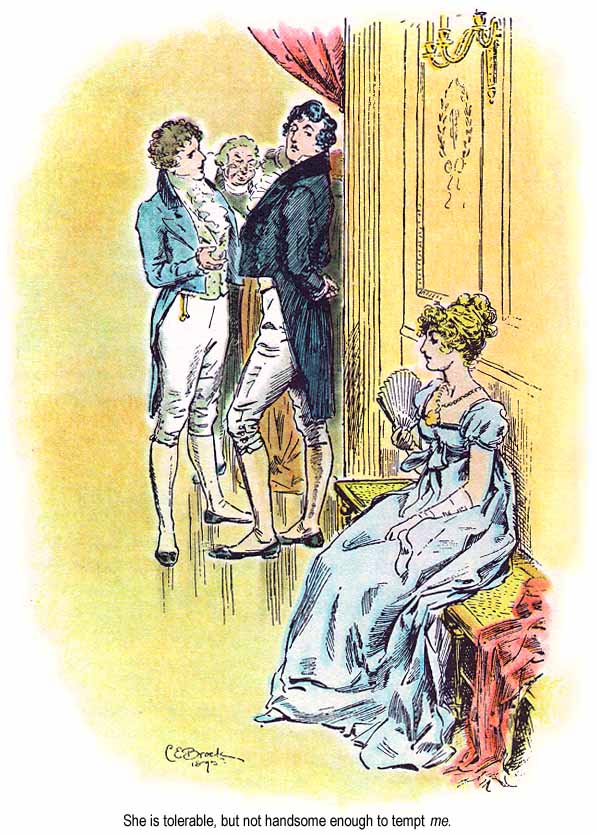Humility tends to be eyed askance these days, given a certain degree of lip service but little enthusiasm. It seems like the kind of virtue other people might want us to have, for their benefit rather than ours.
But there are a great many misunderstandings about humility.
Humility is not humiliation. Humility is something you choose for yourself; humiliation is something others force on you.
Humility is not hypocrisy. The reason why it has that reputation is due to the aforementioned lip service. Humble people don’t need to tell you they are.
Humility isn’t grovelling upsuckery, a pretence carried out to manipulate others into doing what you want. (Looking at you, Uriah Heep.)
Humility isn’t even running yourself down. That is more accurately known as false humility. False because it isn’t what you really think, and false because it isn’t really humility, either.
Humility, surprisingly enough, is freedom.
Continue & Comment

